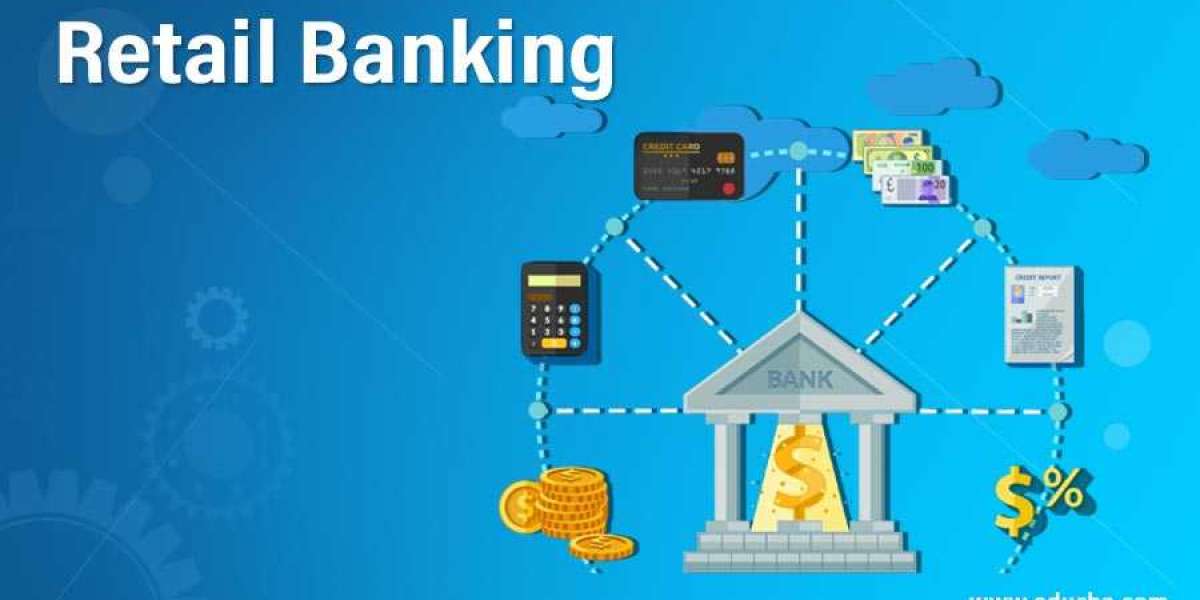Retail banking is an essential part of the banking industry that provides financial services to individual customers. Retail banks offer a range of services, including checking and savings accounts, loans, credit cards, mortgages, and other banking products. Retail banking serves as the primary interface between banks and their customers, providing access to financial services that meet their everyday banking needs. In retail banking, banks provide basic financial services to customers at a local level, often through a network of branches or digital platforms. Customers can use retail banking services to manage their money, build credit, save for the future, and access credit when needed. Retail banking has evolved significantly in recent years, with the rise of digital banking and mobile banking apps providing more convenient ways for customers to access their accounts and manage their finances.
Here are some of the key features of retail banking:
Basic Financial Services: Retail banking provides customers with basic financial services, including checking and savings accounts, loans, credit cards, and mortgages.
Convenience: Retail banking is often designed to be convenient and accessible to customers. Retail banks typically have a network of branches and ATMs, as well as digital platforms such as online banking, mobile banking apps, and chatbots.
Personalized Services: Retail banks offer personalized services to their customers, including financial advice, investment planning, and retirement planning.
Credit Facilities: Retail banks offer various credit facilities such as credit cards, personal loans, auto loans, and home loans to customers to help them meet their financial needs.
Customer Service: Retail banks provide customer service to assist customers with their banking needs, including account opening, fund transfers, and dispute resolution.
Security: Retail banks take measures to ensure the security of their customers' financial transactions and personal information. This includes fraud detection, identity verification, and secure digital platforms.
Regulatory Compliance: Retail banks are subject to strict regulatory requirements to protect the interests of their customers and maintain the stability of the financial system. This includes adherence to laws and regulations related to consumer protection, anti-money laundering, and data privacy.






